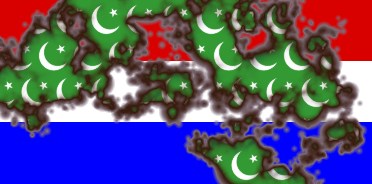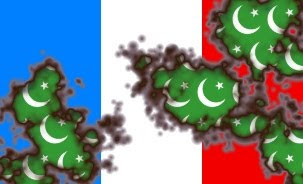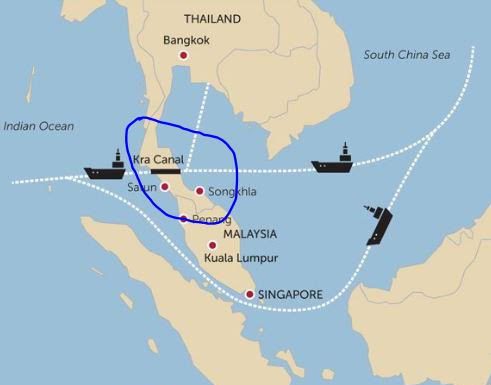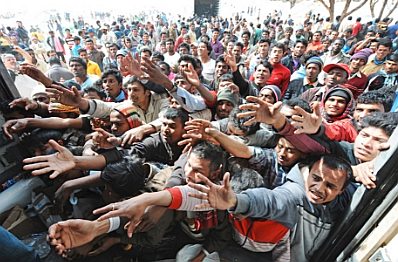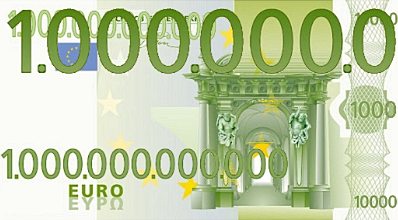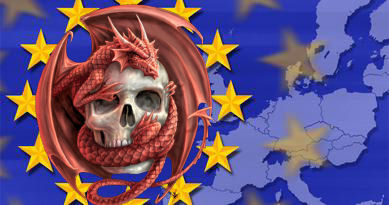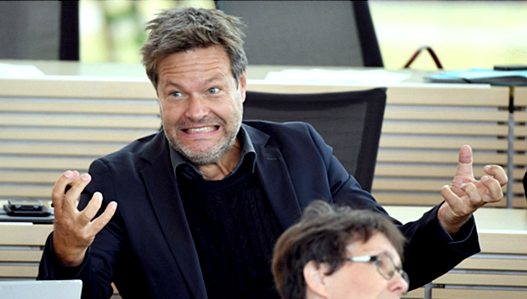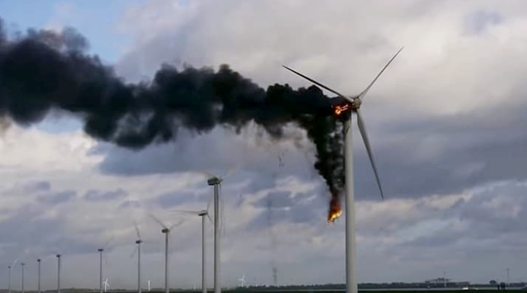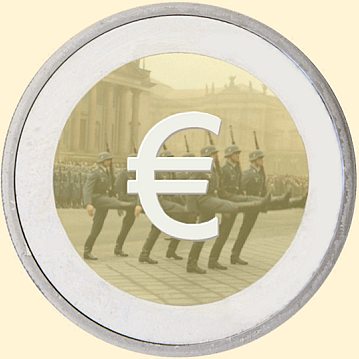As expected, the formation of a new government in the Netherlands after last November’s elections has been a tortuous process, and is still ongoing. Our Dutch correspondent H. Numan sends this report.

Big problem in Holland
by H. Numan
Folks, an update about the Dutch elections. We’re now in the formation phase, and it doesn’t look good. Remember what I told you about the election results? The PVV is the clear winner. They rank even better today in the polls. However, polls are not elections. The elections results are pretty clear: we can have a progressive ultra-left or a somewhat conservative cabinet. The people really want that somewhat conservative cabinet. The elites want the other one. And they’re doing everything possible to make that happen.
Before the elections the VVD changed position and, for the moment, broke the boycott against the PVV. They were now open for a VVD-PVV coalition. In that order. The VVD in the lead, with the PVV hopefully far behind. As far as possible. However, when the polls indicated the PVV was going to win they took that back. No more VVD-PVV for them, the exact opposite of what their voters want.
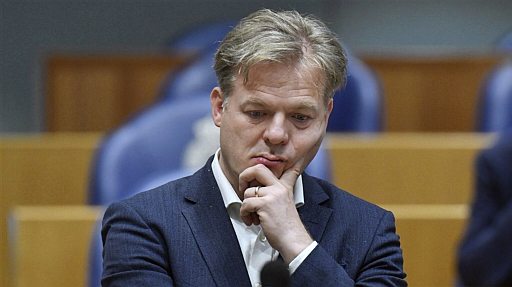
The NSC party was never in favor of a PVV coalition. Pieter Omtzigt is hugely popular, but he never even suggested a possible PVV coalition. Omtzigt stepped out of the CDA party, and within that party he headed the left wing. The group that does not, repeat: not, want a PVV coalition. When he left he took most left wingers with him. They still don’t want that, but the voters do.
Both the VVD and NSC faced a big problem. They do not want a coalition with Wilders. But stating that openly would end both parties. The usual way around it is to negotiate ad infinitum until Wilders makes a mistake. Then shed crocodile tears over how hard they tried to work with that loose cannon but in vain. After that come up with an ultra-left-wing coalition within days.
That is happening right now. Last week the VVD senators announced they are going to vote for the spreidingswet, or Distribution Act. This law will give the government almost unlimited powers to seize private properties and force cities to accept any number of refugees forced upon them by the government. Yes, if this law passes, it will be possible to evacuate anyone from their private homes without any compensation whatsoever.
If you see this as a modern version of Hitler’s Enabling Act, you’re spot on. That is exactly what it is. The problem, as with Hitler, is how to prevent it. Actually, we can’t. This is legislation prepared under the Rutte administration, and cunningly pushed through after Rutte’s demise. Just like the Enabling Act, only they don’t have to burn the Binnenhof (our Reichstag) for it. And so far without violence. No big burly VVD brown shirts, but I do think VVD pants are getting brown right now.
Given popular opinion, and to save the last bit of credibility the VVD has left, their parliamentary faction voted against it. The law is now on the way to the Senate. Our beloved Kurdish refugee cum wannabe prime minister Dylan Yesilgöz advised VVD senators to follow their lead and vote against it. The senators, in their infinite wisdom, decided to give her the finger. They are going to vote in favor.
The people are not really outraged. Something like this was more or less expected. The credibility of VVD politicians was rated lower than used car salesmen; now they match that of pedophiles. The VVD plays the usual damage control game: they let old retired VVD prominents speak out against their own senators. Observe no currently serving VVD politicians do that. Only politically retired prominents. Why? Because they are perceived to be more conservative, and are taken more seriously by the electorate. Until now. Those retired politicians are, well, retired. They hold no actual position in the party. Hence, no threat.
Wilders did win the elections, but the PVV does not have a majority in the Senate. It is very difficult for them to counter or block that law. Especially because ALL of their proposed coalition partners are either in favor (VVD, BBB) or not present in the Senate (NSC). This incident did not happen by accident. I am certain of it, though it looks somewhat innocent. It is supposed to look that way. It does happen, fairly often, a senatorial faction does not follow parliament. But never in sensitive and important matters like this.
I have a feeling this is exactly the obstacle what our Turkish Delight wants, not from a position of strength but playing on her own weakness. Set your partner up for a demand he simply cannot accept, and demand more. If he fails, a divorce. If he refuses to give in, pour out a flood of tears and say you didn’t mean it that way and that you’ll do anything he wants. Until next time. Ask any married man.

